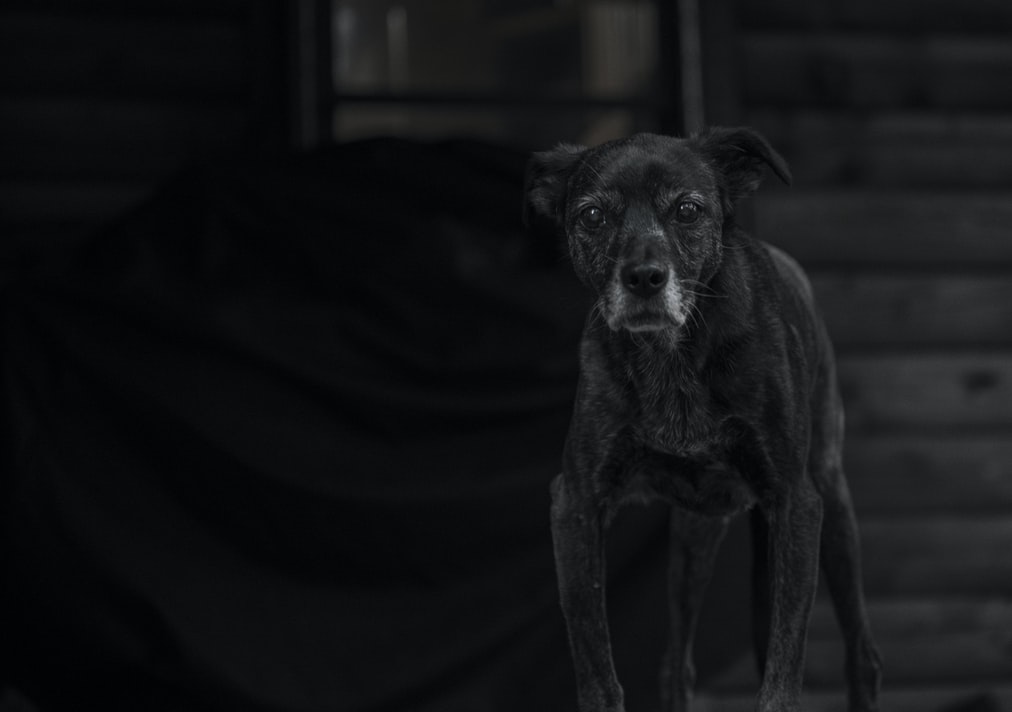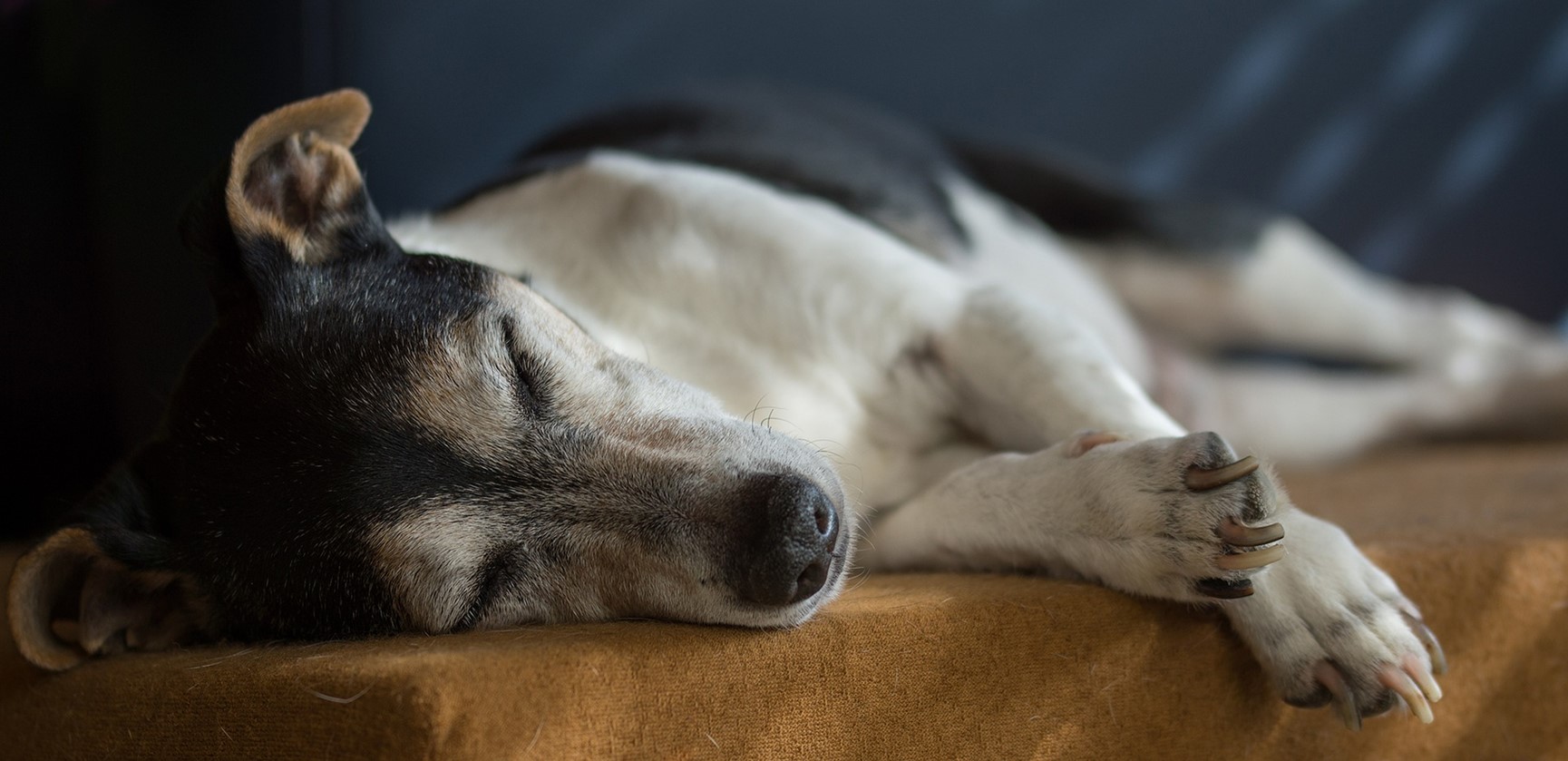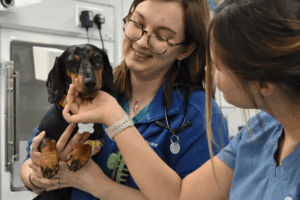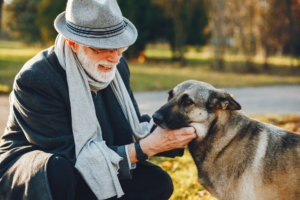Just like us, as our pets age they can experience an increase in health problems. Regular check-ups are essential to ensure good health and become even more important as your pet ages because age-related diseases can be subtle and are often easy to miss.
When Is My Pet Considered Senior?
While every animal is different, there are general guidelines to determine when a pet becomes a ‘senior citizen’. Cats are considered mature at 7 to 10 years, senior at 11 to 14 years and geriatric at 15 or older.
In dogs it differs according to their average lifespan. Small dogs that generally live longer, are considered senior citizens when they reach 11 years of age. Medium sized dogs become seniors at 10 years of age. Larger sized breeds are seniors at 8 years of age and the giant breeds are considered seniors at 7 years old.
Rabbits become ‘senior’ sometime between 5 and 8 years old.
Does My Senior Pet Need Special Care?
Again, just like humans, lifestyle and genetics play a big part in the aging process of pets but there are things you can do to help ease your pet into their senior years.
Age Appropriate Diet
Diet plays a big role in maintaining your pets’ health throughout their life. As your pet ages though, they generally don’t have the same levels of energy as they used to, don’t burn as many calories and are therefore prone to weight gain so it’s important that their diet is revised.
Overweight and obese animals are at increased risk of developing disease. Extra weight also puts unnecessary pressure on ageing joints. Feeding your pet food that is specifically designed for those in their senior years is therefore recommended. These are often lower in fat and calories and will complement the nutritional needs of your pet.
Exercise
Age can cause deterioration in a pet’s joints and muscles. A run around the park might become a walk around the block for dogs and you might find your cat is sleeping more and climbing trees less.
It may be that your pet starts to suffer from arthritis. Pets who struggle to run and jump like they used to may be in pain. Even things like getting onto the sofa can become tricky for older pets but treatments are available to help them regain some of their mobility.
Older pets will benefit from exercise – just at a gentler pace. For dogs, two or three short walks a day can be more beneficial than one long walk.
Be Patient
Keep an eye out for changes in your pets’ behaviour. They may become disorientated, sleep more in the day, wake in the night and might lose interest in interacting with people. These are all a normal part of the ageing process and it’s important that your pet still feels loved as it can be a challenging time for them.
Extra TLC
As your pet ages, physical contact is more important than ever. Pets that have difficulty grooming themselves will love an additional brush and all pets will benefit from lots of love and fuss.
Even older pets still enjoy toys! ‘Puzzle’ toys can provide welcome stimulation for a senior pet if they aren’t interested in anything more physical.
Orthopaedic beds, with or without a heating element, can keep your pet really comfortable especially in colder weather. The comfort a soft bed provides can be really soothing for tired joints.
With proper nutrition, regular vet check-ups and a little extra tender loving care, there’s no reason why your older pet shouldn’t stay happy and healthy throughout their later years.
If you have any concerns regarding your senior pets’ health or any other questions or queries, please don’t hesitate to contact us.
St Kitts Veterinary Centre: 01252 844044
Basingstoke Veterinary Centre: 01256 844944
Crookham Park Veterinary Centre: 01252 913990
Firgrove Veterinary Centre: 01252 877799







